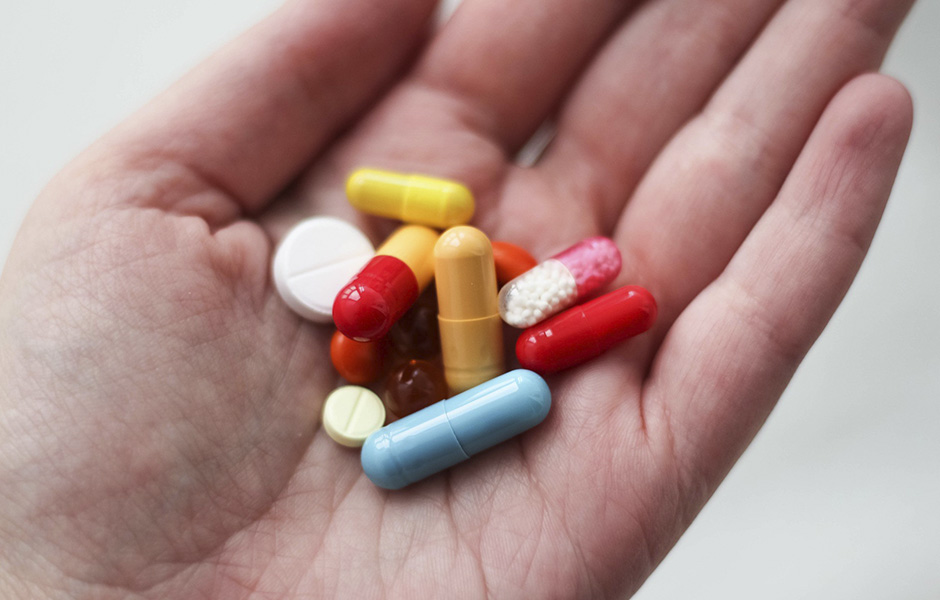A research team led by a researcher from CINTESIS – Center for Health Technology and Services Research/ICBAS – Institute of Biomedical Sciences Abel Salazar, within the Portuguese Pharmaceutical Society, assessed burnout and the impact of COVID-19 on pharmacists. In a sample extended to different sectors of activity, the team concluded that the pandemic had an “enormous impact on the psychological health of these professionals.”
“Pharmacists directly involved in providing care to the population were more exposed to the risk of burnout when compared with colleagues from other non-care areas,” explains Pedro Machado dos Santos.
According to the researcher, 1362 pharmacists participated in the study, “a much higher percentage than any study carried out so far in Portugal.” Approximately 91% of the participants were directly involved in providing care to patients and only 7.7% did not develop this type of activity. The vast majority were female (85.5%) and worked in community pharmacies (77%).
The objectives of the research, published in Frontiers in Psychiatry – Public Mental Health, “the second most cited psychiatry journal”, included identifying the main factors leading to burnout among pharmacists, through a person-centred analysis. This analysis identifies seven profiles in an original way, on a continuum between burnout (the most negative experience) and “commitment” (the most positive). “This is a new approach that proposes paths for research and future ways to solve a global (and current) problem,” explains researcher Pedro Machado dos Santos.
The results show that the risk of burnout among pharmacists was primarily related to workload, professional experience and the degree of confidence in performing their activity. Thus, “the probability of developing burnout is higher among pharmacists with less experience and less confidence.”
Figures show that roughly 41% of pharmacists did not feel confident providing care to COVID-19 patients, worrying primarily about possibly infecting their relatives (88.5%). Approximately 42% were also concerned about their own mental health, the study indicates.
Regarding their professional practice, roughly 90% of pharmacists were worried about their future, almost 83% felt overworked, 67% considered the information available as incomplete or uncertain and 59% stated a lack of resources.
Concerning burnout, personal fulfilment was the most affected dimension (in 50% of the pharmacists providing care), of the three dimensions considered in the study. The second most noted consequence was emotional exhaustion (35.8%) and the third was depersonalisation (an increasing distance from work itself or negative feelings or cynicism towards it).
“Workload emerged as a predictor of greater emotional exhaustion, with a large impact on those who worked more than 50 hours per week or almost every weekend” (approximately 45%), the authors reveal.
Pedro Machado dos Santos believes that, given these results, “it is necessary to identify the most exposed or vulnerable professionals“, and “to develop preventive strategies and interventions that promote the psychological well-being of pharmacists.” These strategies should “focus on the balance between work, family and social life, as well as peer support, continuing education and self-care.”
The new World Health Organization (WHO) classification, ICD-11, has made burnout syndrome an occupational disease, resulting from “chronic stress in the workplace that has not been well managed.” In its description of burnout, WHO contemplates the presence of three dimensions: feelings of exhaustion or depletion of energy; increased mental distance from work or feelings of work-related negativism or cynicism; and a sense of ineffectiveness and lack of accomplishment.

